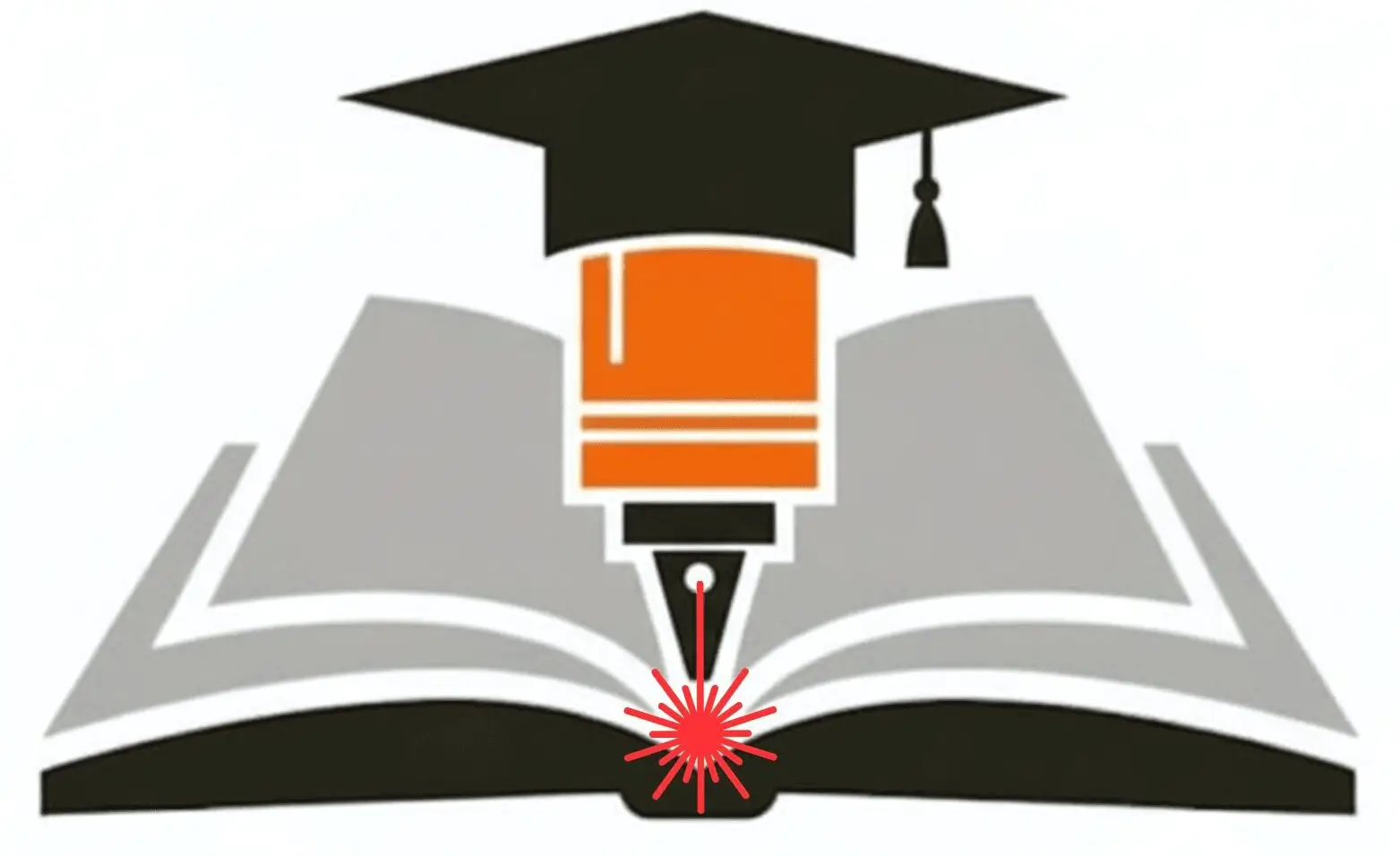Want to Become A Laser Machine Engineer?
6
Days
4
Modules
3
Practicles
48hrs
Duration
English & Tamil
Language
Share This Class:
Overview
The core training modules form the backbone of an effective laser cutting machine training program. These modules are designed to provide a structured and comprehensive learning experience, covering all essential aspects necessary for the safe and proficient operation of laser cutting machines.
Contents
- Module 1: Safety Training
- Module 2: Machine Setup and Calibration
- Module 3: Software and Control Systems
- Module 4: Material Selection and Preparation
Who is the course for?
This training program is specially designed for individuals who aspire to build a successful career in the laser machine industry and for existing professionals who wish to enhance their technical expertise. Freshers will gain a strong foundation in laser technology, machine operation, safety procedures, and industry best practices, preparing them for various roles in manufacturing and production. Experienced laser machine operators will benefit from advanced modules that focus on precision techniques, troubleshooting, maintenance, and process optimization. The program aims to bridge the gap between theoretical knowledge and practical application, ensuring participants are industry-ready with hands-on experience. Whether you’re starting your journey or looking to level up your career, this training provides the right platform to achieve professional excellence in the rapidly growing field of laser technology.
Learning Path
Safety training is the cornerstone of any laser cutting machine training program. Given the high-intensity laser beams and electrical components involved, operators must thoroughly understand and adhere to safety protocols to prevent accidents and injuries.
- Laser Safety Protocols: This includes education on laser classifications, understanding the risks associated with different laser types, and proper use of laser safety goggles and other protective gear. Trainees will learn about controlled areas for laser operations and emergency shutdown procedures.
- Handling and Preventing Hazards: Operators will be trained on identifying potential hazards such as flammable materials, reflective surfaces, and electrical risks. This module also covers fire safety measures, including the use of fire extinguishers and smoke detectors, as well as procedures to follow in case of laser-induced fires.
- Proper Ventilation and Waste Disposal: Understanding the importance of adequate ventilation to mitigate fumes and dust, and adhering to environmental standards for waste disposal of materials processed by laser cutting.
Proper setup and calibration are critical for ensuring the machine’s precision and efficient operation. This module covers the detailed processes of setting up the laser cutting machine and fine-tuning it for optimal performance.
- Initial Machine Setup: Training on installation procedures, including power connections, laser tube alignment, and software installation. Emphasis is placed on following manufacturer guidelines for a secure and accurate setup.
- Calibration Procedures: Detailed instruction on calibrating the laser head, adjusting focus, and ensuring the cutting bed is level. Trainees will learn how to perform diagnostic tests to verify and maintain machine accuracy.
Routine Maintenance Checks: Regular maintenance is essential for machine longevity and consistent results. This aspect of the module will include daily, weekly, and monthly maintenance tasks such as cleaning lenses, checking coolant levels, and inspecting components for wear and tear.
Understanding the software and control systems that operate laser cutting machines is vital for executing precise cuts and complex designs.
- User Interface Navigation: Training on navigating the machine’s user interface, understanding control panel operations, and utilizing common features such as manual mode, automatic mode, and safety lockouts.
- CAD/CAM Software Integration: Detailed tutorials on using computer-aided design (CAD) and computer-aided manufacturing (CAM) software. Trainees will learn how to import and manipulate design files, set cutting paths, and optimize designs for efficient cutting.
- Programming and Troubleshooting: Basic programming skills for customizing machine operations and handling common issues. This includes setting parameters for different materials and techniques for troubleshooting software glitches or unexpected machine behavior.
The choice and preparation of materials significantly affect the quality of cuts and the efficiency of the machining process.
- Material Properties and Their Impact: Overview of different materials such as metals, plastics, and composites. Understanding their properties including thickness, density, and the impact of these factors on laser cutting parameters.
- Pre-Cutting Preparations: Training on material handling and preparation techniques such as cleaning, securing materials on the cutting bed, and pre-testing settings on sample pieces to avoid errors during actual cutting.
- Optimizing Laser Settings for Different Materials: Instruction on adjusting power, speed, and focusing parameters for various materials to achieve clean cuts, minimize waste, and reduce operational costs.
Certification and continuous learning are essential pillars for laser cutting machine operators aiming to achieve and maintain expertise in this technologically advanced field. These aspects ensure that operators remain proficient, adhere to industry standards, and are prepared for the evolving demands of laser technology.
The Importance of Certification
Obtaining certification in laser cutting operations validates an operator’s skills and knowledge, enhances career prospects, and contributes to maintaining high industry standards.
- Recognition of Competency: Certification serves as an official acknowledgment of an operator’s ability to handle laser cutting machines proficiently. It demonstrates to employers and peers that the operator has undergone rigorous training and met the industry criteria for skill and understanding.
- Enhancing Career Opportunities: Certified operators are often more attractive to employers due to their proven expertise. Certification can open doors to advanced positions, higher responsibilities, and potential salary increases within the manufacturing and technology sectors.
- Maintaining Industry Standards: Certification programs align with international standards, ensuring operators’ practices comply with the latest safety, environmental, and operational protocols. This consistency across the industry enhances overall safety and quality.
- Types of Certifications: Various certification levels exist, from basic operation to advanced specialty areas, each focusing on different aspects of machine operation, safety, and material handling. Operators can pursue certifications that match their level of expertise and areas of interest.
